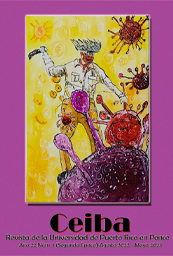Abstract
Clinical practice relies heavily on encounters between subjects. The professional and the patient find themselves in a space where a narrative that revolves around three dimensions is articulated: diagnosis, prognosis and treatment. These dimensions, although they are called by modern science to be based on data and laws, are configured in the territory of conversation and dialogue, that is, speech. This task is a discursive one and operates with the affectations of language and intersubjectivity. Narrative and hermeneutic bioethics, without denying the scientific competence of medicine, review the radical importance of this interpretative quality of being in its understanding and treatment of health and disease.

